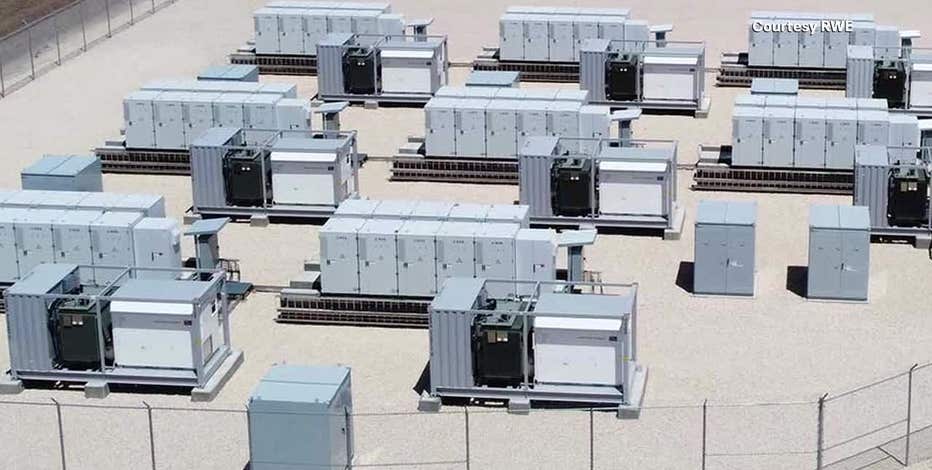ERCOT watchdog group: New reliability program cost the market $12.5 billion
AUSTIN, Texas - The watchdog for Texas’ power grid said a new program might have artificially inflated prices by as much as $12.5 billion.
Critics and state regulators now fear some of those costs will be passed along to consumers.
Over the summer, ERCOT introduced a reliability program called ECRS, where it pays generators to sit on the sidelines and then jump in and fill any gaps that come up.
But ERCOT’s watchdog and some other economists said it’s making energy seem scarce when it’s not, and that’s driving up the price.
Despite record heat and even emergency conditions on a September night, the power stayed on for Texans in 2023. But at what cost?
"I know, on our end, we’re very much concerned about costs to the market," said Lori Cobos, with the Public Utility Commission.
Featured
Battery operators criticize ERCOT's proposed new policy to regulate the industry
Battery operators say ERCOT's proposed new policy will prevent batteries from being able to be deployed when they are needed.
During a meeting this week, the Public Utility Commission and ERCOT heard from the grid manager’s watchdog, Potomac Economics.
Potomac estimates the new reliability program introduced in June, called ECRS, has already cost the market $12.5 billion.
"One problem with over-procuring ECRS is you stop the participants who own those units from turning them on, and that’s one element of the artificial shortage that is particularly troubling," explained David Patton, president of Potomac Economics.
State officials said the retail electric providers you buy from are already trying to pass those costs along to consumers.
"We have petitions sitting at the PUC right now where independent retailers want to past those costs of ECRS to consumers," Cobos said.
Ed Hirs teaches energy economics at the University of Houston.
"This is a real problem," he said.
He began raising concerns about the program back when it launched.
"Had ERCOT actually built power plants and put them to the side as a reserve, that would make sense. A practice squad, if you will. But no, they took operating plants out of the regular day-to-day market and put them on the side. And we're paying for them whether we use them or not. This is not right," he explained.
ERCOT has disputed the figures from its watchdog and claimed not all costs will pass to consumers, since many companies that buy power have locked in rates in advance.
But not everyone sees it that way.
"That's kind of like the insurance company who pays you because your house burned down. Yeah, you can expect a higher premium next year," Hirs said.
The watchdog recommended some tweaks to the program, but it and ERCOT don’t see eye-to-eye on everything.
State officials said they’ll be considering adjustments to the program as we get going in the new year.


